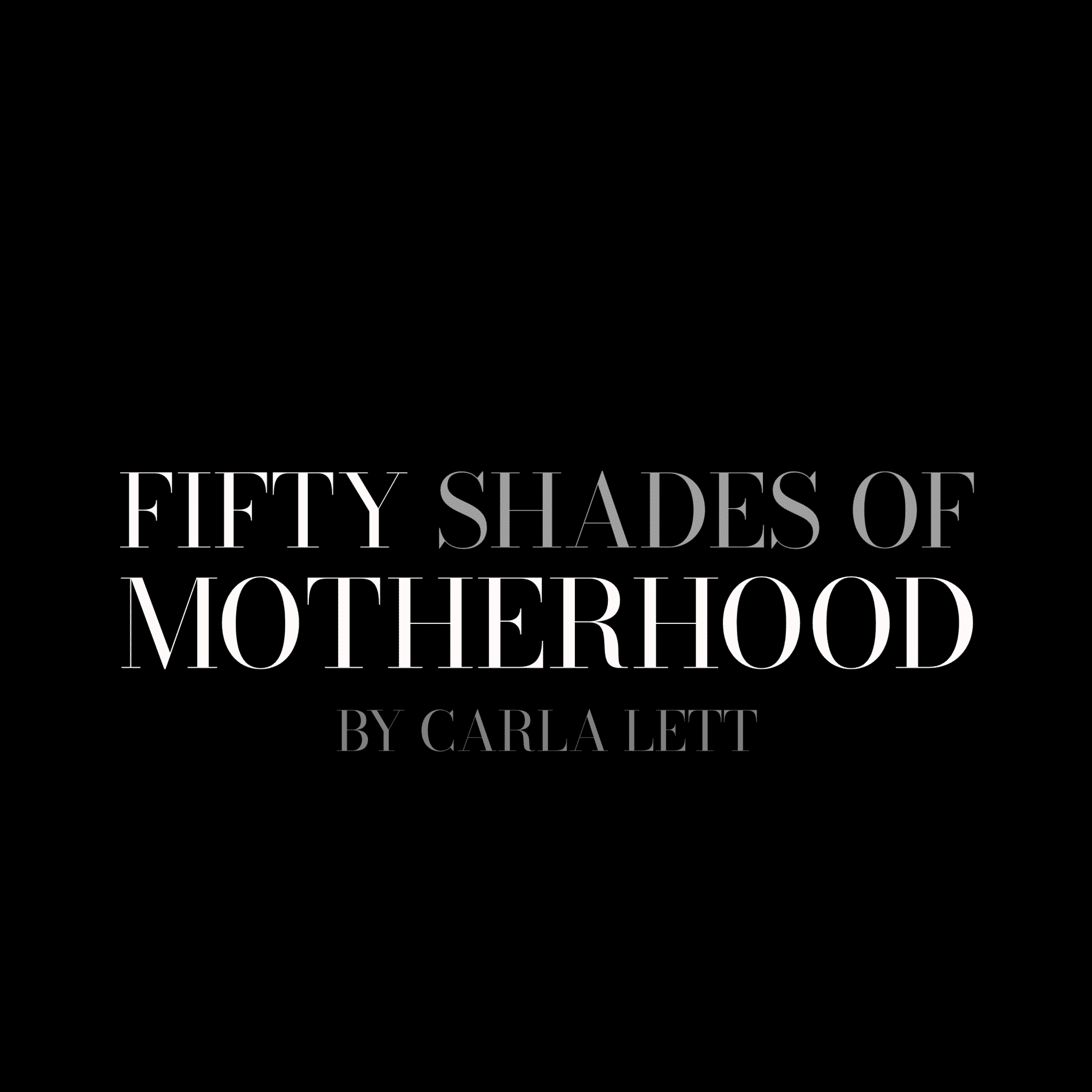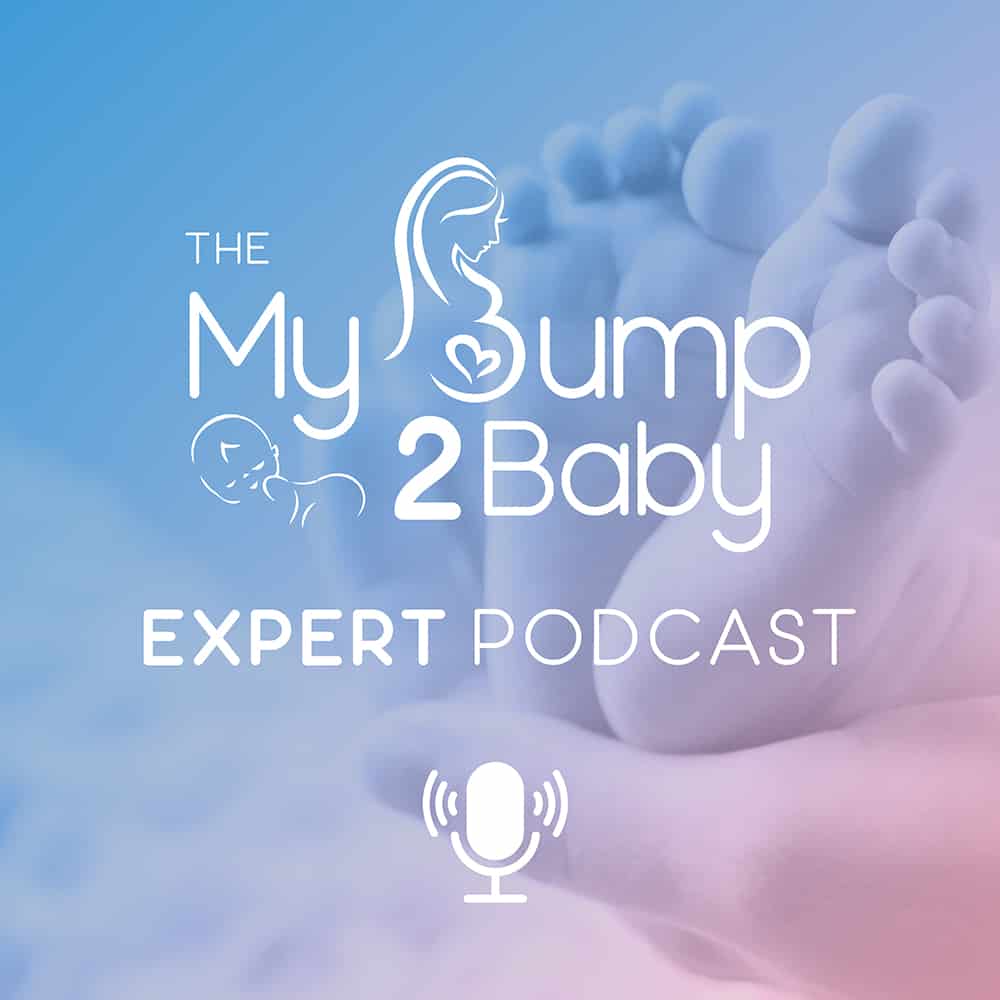- Civil Partnerships
Today, we are talking all about Civil Partnerships and for this episode I am joined by family law solicitor Zanariah Webster from Parfitt Cresswell.
Zanariah kindly shares more about what a civil partnership is, how it differs from marriage, how it is created, how you can end a civil partnership, what legal rights you would have, what the child arrangements are as well as any financial arrangements and also if you can change from a civil partnership in to a marriage.
Contact 0300 555 0333 for a free 30 minute consultation with an expert.
If you would like to subscribe to my blogging newsletter click the link below:
[00:00:00] Carla: Did you know that My Bump 2 Baby began as a blog that I started during maternity leave? Now My Bump 2 Baby is one of the UK’s leading pregnancy to preschool platforms. I’m Carla Lett and I am the founder of My Bump 2 Baby, and I am so excited to now be able to offer training on how to blog successfully.
[00:00:26] You may well be a mum and you are dreading returning to work after maternity leave, or you might wanna just work flexibly around your family. You could even be a business and you wanna learn how to leverage your blog for ultimate success. Whatever you are looking for when it comes to blogging, I can help.
[00:00:47] You can join my blogging email list where you’ll get loads of freebies, checklists, and everything you can think of when it comes to blogging. You can join my blogging mailing list. www.mybump2baby.com/blogsubscribe. You can also access a link under this podcast.
[00:01:16] Hello and welcome to My Bump 2 Baby Expert podcast, where we bring experts from all over the UK to answer your questions on everything pregnancy to preschool.
[00:01:37] Today I am joined by the lovely family law solicitor, Zanariah Webster from Parfitt Cresswell, and we are gonna be talking all about civil partnerships. I hope you enjoy this episode.
[00:01:54] Hello everybody and welcome to My Bump 2 Baby’s Expert podcast. Today I am joined by the lovely Zanariah Webster from Parfitt Cresswell. Um, she’s a family law solicitor, and we’re gonna be talking all about civil partnerships. So, hello Zanariah. How are you?
[00:02:11] Zanariah: I’m fine. Thank you Carla. How are you?
[00:02:12] Carla: Very well, thank you. It’s good to have you back cause we have previously talked about child arrangements, um, which was a really useful podcast. But yeah, we’re gonna be talking on a different subject today, picking your brains on that.
[00:02:25] Zanariah: Yeah, it’s good to be back. Thank you for inviting me.
[00:02:28] Carla: No problem, no problem. So, so Zanariah, today we’re gonna talk about civil partnerships. So we’ll get started with a couple of questions I’ve got for you.
[00:02:37] Zanariah: Mm-hmm.
[00:02:37] Carla: Um, so, so what is a civil partnership?
[00:02:40] Zanariah: So, um, a civil partnership can best be described as a form of legal relationship between two people, and it’s now available to both same sex and opposite sex couples. What it does is that it gives the relationship legal recognition, and it’s quite similar to a marriage in that respect, except for minor differences.
[00:03:02] Civil partnerships are not formed by vows at the ceremony. Um, some couples view marriages as archaic. Um, and a way of women submitting themselves to men and, and suggesting an imbalance of power or rights. And by having a civil partnership, um, these couples can redress that imbalance so that they, both parties are more at an equal level playing field.
[00:03:26] Carla: How do civil partnerships differ from marriage then? Um, Zanariah.
[00:03:32] Zanariah: So I think more, the differences, more or less lies in the principles of a civil partnership, rather than any sort of, process or tools. Um, as I said earlier, most couples feel that they want to redress that imbalance of power by having a civil partnership.
[00:03:49] Um, some of the main differences though, is that civil partnerships are entirely civil events, and these partnerships can be conducted through, either a civil or a marriage ceremony, but it’s a secular event, so we don’t necessarily have to have it done in a place of worship. Um, civil partners are issued with a civil partnership certificate, whereas marriages are issued with marriage certificates.
[00:04:15] Um, in regards to separation, marriages are ended by a divorce. So a married couple obtain a divorce order, whereas civil partners, um, this, um, separation is ended by, um, a dissolution order. Um, there are differences in terms of ceremonies, but I find that, um, if a, if a person, if a couple were getting married in a registry office and going through that process, they don’t necessarily need to have the fanfare, so to speak, of having a big wedding. Um, but civil partnerships are a lot more, um, I, I would say low key because it’s removing any of those, um, fanfares, but again, it’s up to the couple. But that’s, those are the main differences between them.
[00:04:59] Carla: Yeah, that makes sense. That makes sense. So how is a civil partnership then created? Is that something you guys do?
[00:05:07] Zanariah: Um, that’s actually something done through your local registry office. So the administrative process is very similar to marriages whereby couples have to give 29 days notice before a civil partnership. Um, and the notice must be given by each partner anywhere within the local authority in which he, she or they have lived for the previous seven days. Um, the notices display the name, the date of birth, the gender, occupation, the period of residence, the place where the civil partnership is going to be formed, the nationality and the registration authority of both parties. And these details are recorded in an electronic register.
[00:05:50] Similarly, if either party are subject to any form of immigration control, then notice has to be given as the designated registration authority. So you still have to go through this administrative process, um, before you can, um, have a, a civil partnership.
[00:06:07] Carla: That makes sense. Yeah, yeah, of course, of course. And, and I’m, I’m, is it a civil partnership only with one other person or?
[00:06:17] Zanariah: Yes, it’s with one other person who can be same sex or recently, it’s now opposite sex uh, couples can have civil partnerships.
[00:06:25] Carla: Okay. And sorry to throw you a bit off here. Um, but, but um, in regards to if someone has had a civil partnership with someone else, do they have to go through the dissolution is that?
[00:06:36] Zanariah: Yes, they do. Yes. Yes. So they have to give, um, notice of whether they’ve had a dissolution order with regards to any previous civil partnerships. And the reason for that is because a civil partnership is a legally binding union, and because of that, you have to, it’s, it’s akin to bigamy, I suppose, if you were to have more than one civil partnership. So you have to, um, disclose whether you’ve been in a civil partnership before and provide the dissolution order before you embark on another civil partnership.
[00:07:09] Carla: Okay. And, and so we’ve talked about how you, well, we’ve kind of covered obviously the dissolution, but in, in regards to ending a civil partnership, is there any, how, how does that work?
[00:07:22] Zanariah: So the app, the application process is exactly the same as a, as a divorce.
[00:07:26] Carla: Right.
[00:07:27] Zanariah: But the terminology is different. So either party can start the application for a dissolution order. Um, Since the new laws came into place in April this year, there is no longer a need to prove, to prove fault in a dissolution. [Mm-hmm]. Which is great. So all you need to prove is that the civil partnership has broken down and the application can now be made online.
[00:07:54] And it can either be made as a sole application, so one person make it, or a joint application. And the reason for this new law is to remove any animosity and negativity surrounding the solutions or divorce. So makes the process, I, I don’t want to use the word pleasant, but you know, there are other things that need to be considered upon a breakdown of any relationship such as finances or children matters. And by having a no fault, um, system. Um, it allows the parties more time to focus on the other things such as finances and children.
[00:08:31] Carla: Yeah, because yeah, I totally understand that really. Because if you just both, you know, no longer happy [Yeah]. You know, instead of blame having to, you know, blame someone else for something, it’s just probably a, a nicer way to kind of do it. Really.
[00:08:46] Zanariah: Yeah, it is. I mean, I, I found that before the, the act came into force, um, there were couples who didn’t qualify for two year separation, for example, and they had to rely on unreasonable behaviour for a, as as a dissolution, and it was awful because you have to find reasons why your partner has behaved in such a way that you can no longer tolerate their behaviour and the effects that it has had on you.
[00:09:13] And you know, emotionally and mentally, you’re still going through the process of, of coming to terms with the end of that partnership and to add to that finding reasons. And you, you know, if, if a person’s gone through domestic abuse or any form of controlling or coercive behaviour, it just makes that process a lot more difficult to get through because you’re having to think how is that person going to respond to it and how is it going to affect, um, how we deal with the finances?
[00:09:41] Are they going to be retaliatory when it comes to the children arrangements. So it removes all of that, and it’s a big thing to remove against, you know, and anyone who’s gone through that process will understand that sort of negativity.
[00:09:53] Carla: Wow. You know what you said then, it actually made a lot of sense. I was thinking obviously if you’re both in an agreement that the relationship be over should be over. But again, like you said, abuse side of things, you, you, some people would be terrified to kind of
[00:10:09] Zanariah: Exactly.
[00:10:09] Carla: Raise that. So, oh, that, that’s, that’s a real great thing this, this no fault side of things then.
[00:10:16] Zanariah: Definitely.
[00:10:17] Carla: So let’s talk about then what legal rights civil partners do have then.
[00:10:22] Zanariah: Okay. So the law is governed by, um, the Divorce Dissolution and Separation Act of 2020. That came into force this April, which is the new no fault, um, um, law. Civil partners have the same rights as married couples. So for example, just to look at, uh, state pensions, for example, um, as long as um, the same sex or opposite sex civil partners reach state pension age before, um, 6th of April, 2016, then they are treated the same as men who are married to women irrespective of their gender.
[00:10:56] So even if they change genders, they would still have the same rights, um, meaning that they can be eligible for lowest rate basic state pension based on their civil partners, national insurance contributions. Um, but this is obviously on the provisor that their civil partner was born after 5th of April, 1950. Um, in terms of other rights, they still have the same rights as other married couples.
[00:11:19] They under the same laws, um, in terms of wills. So in the event of one were to demise um, I’m not too versed on private, you know, will matters. That’s one for my other colleagues. Um, yes, but they will have the same rights if their, um, civil partner were to die so without a will, then the surviving civil partner would be a beneficiary under their estate. So it’s a big thing to, to have in this country.
[00:11:44] Carla: Yeah. Wow. Obviously we would always recommend doing a will because there’s a lot of different side of things, but, um, that, that’s, that’s really good, isn’t it, really? With all the legal rights now and, um, yeah, that, that’s really interesting. So, so in terms of the child arrangements at the end of a civil partnership, then what, how does that work?
[00:12:07] Zanariah: So with children arrangements, the, the court’s paramount consideration is the interest of the child, what’s in their best interests. And this is known as the Paramount principle. Um, and whether the parents are married, um, in a civil partnership or unmarried as long as they are able to establish parental responsibility for the children.
[00:12:31] So that means they have, um, a legal quote unquote right, um, to, um, make big decisions about the children, such as, um, up upbringing, religion, schooling, health. So this is usually obtained by way of a birth certificate or a parental responsibility order. Then civil partners have exactly the same rights. They are not treated any differently because the court’s focus will be on what is the, uh, best interests of that child.
[00:13:03] Carla: Right. Okay. That’s brilliant. So, so in regards to child arrangements then, sorry, just to, just to elaborate a little bit further. [Sure.] There’s no parent that actually instantly gets cust, you don’t use the word custody sorry. Child arrangement. Um, there’s no parent that, it’s almost like that they try and amicably sort it out between themselves initially, and then you can apply, um, to. To, to get help if you need it.
[00:13:32] Zanariah: Yes. So if, I mean, we always try to, um, encourage clients to deal with things, to deal with child arrangements in an amicable way. And again, this is for the best interest of the child. Um, but if that doesn’t work and either parent needs to make an application to the court, then they just need to prove that they have parental responsibility.
[00:13:53] So that’s by having their name on a birth certificate, for example. [Yeah]. And they will, neither father nor mother or even mother, mother, father, father have any higher rights to the child. It’s what’s, it’s who is able to meet the child’s daily needs and gone are the days where. Um, mothers are given greater rights. I, I still find that people are still have that, have that misunderstanding, but really it’s what’s, who’s going to be able to look at, look after the child on a daily basis.
[00:14:24] And it doesn’t matter whether that is the mother or the father or the type of relationship that the parents have. And again, this is because the court’s paramount consideration is that the welfare of that child.
[00:14:36] Carla: That makes sense. Right. Okay. And, and in regards then to financial arrange arrangements around a civil partnership, or sorry, at the end of a civil partnership, should I say, does that work exactly the same as marriage as well?
[00:14:51] Zanariah: Yes, very similar. So what the courts will consider is any, um, assets, um, in a civil partnership that are either owned in, um, so names or joint names, and these include pension. And when it comes to dividing those assets, um, now the courts, the family courts have a wide discretion in divvying up assets. But what they will consider in their decisions are factors such as the length of the civil partnership, whether they’re any children. They would look at the income of each party and the earning capacity or any other financial resources. They will look at the, the financial needs and obligations, the standard of living, um, the ages of the parties, whether they’re any physical or mental disability, and any contributions that either partner makes.
[00:15:41] Now I just want to say that with contributions, it doesn’t necessarily mean financial contributions. If an individual in a civil partnership, um, spends most of the partnership raising the children, for example, whilst the other partner goes out to work and earns, you know, earns the money, the courts akin the contributions made to the family as a full-time job.
[00:16:08] So a party’s not going to be prejudiced because they haven’t been able to get up on the career ladder and earn their maximum income capacity, and they’re not able to build a mortgage capacity or build on their pension pot. The courts will take that into consideration, um, in divvying up the assets to give that disadvantaged party, so to speak, or financially disadvantaged party an opportunity to make up for that short.
[00:16:36] Carla: Yeah. Okay. Okay. And, and finally, um, Zanariah, I’m sorry for all the questions we have loads today. We’ve covered a lot. Um, but can you change from a civil partnership into a marriage? And if you can, is there any reason why you would?
[00:16:53] Zanariah: Um, This is an interesting question. Um, I you can change a civil partnership into a marriage. Um, but in terms of why, I’m just not quite sure. To be honest, Carla, I think it’s such an individual preference, um, that maybe a couple might want to re-solidify their partnership in a different way. Um, given that both civil partnerships and marriages are so similar, but, you know, there’s just differences in terminology. Um, I, I’m not quite sure why they would want to change. I think that’s a question that’s best asked to somebody who’s been through that process.
[00:17:28] Carla: Yes, that will be my next mission to find someone. Yeah. No, that’s brilliant Zanariah. And would you mind just, um, telling us a bit more about Parfitt Cresswell, and also how we can find out more information from you and, and where we can find you as well.
[00:17:45] Zanariah: Of course. So Parfitt Cresswell, are a multinational firm, they are based, um, across the southeast. We have 10 different offices in Barkshire, London, West Sussex, and, um, any one of our, our team members, doesn’t matter where we are, we’re all experts in what we do, are able to assist. We deal with family law, um, private clients, that’s wills and probate.
[00:18:08] We also deal with property and litigation. Um, we offer a free half an hour initial consultation with any of our experts. So you’re not going to be speaking with anybody who’s, um, unqualified. Um, you get to have that first class, um, expert service from the get go. Um, all you would need to do is ring up. Um, On our number, it’s 0300 555 0333, that’s 0300 555 0333. And a member of our wonderful client services team will put you forward to one of our experts.
[00:18:42] Carla: That’s brilliant. Thank you so much Zanariah for your time today. Um, I really appreciate it and hopefully we’ll speak to you again soon on another subject.
[00:18:51] Zanariah: That will be great. I’d love to come back. Thank you.
[00:18:53] Carla: Oh, thank you.
[00:18:56] Thank you so much for listening to My Bump 2 Baby’s Expert podcast. If you are struggling with any family law issues or you need any advice, you can find your local family law solicitor in our directory.











